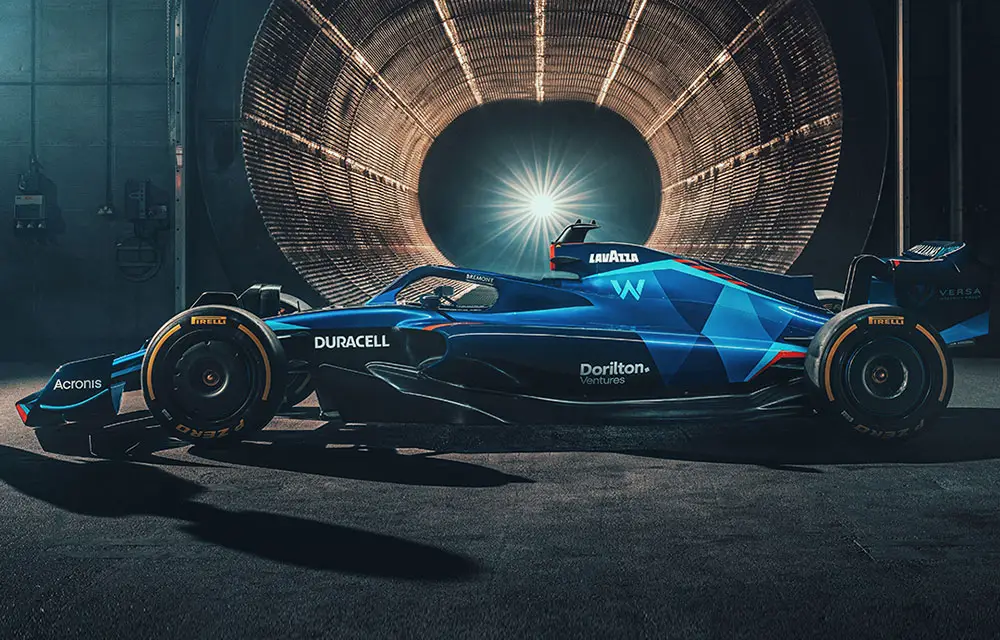Privacy Concerns in Modern Cars: A Legal Battle Unfolds
Class action lawsuit against car manufacturers highlights privacy intrusion issues.
In a recent class action lawsuit that shook the automotive industry, concerns of privacy intrusion took center stage. The lawsuit, which unfolded in Seattle, involved four major car manufacturers—General Motors, Volkswagen, Toyota, and Honda. The legal battle shed light on the delicate balance between the advanced technologies that enhance driving convenience and the potential privacy trade-offs. Interestingly, the lawsuit also saw a rejected appeal against Ford, setting a significant precedent.
Key Takeaways:
- The lawsuit raised concerns about the interception and recording of mobile phone activity in modern vehicles, which failed to meet the Washington Privacy Act’s standards.
- Allegations included car manufacturers downloading and storing copies of text messages from smartphones connected to their infotainment systems.
- The case also pointed to technology providers like Berla Corporation, enabling law enforcement access to communication data.
In the heart of this legal battle was the question of whether the technology inside these modern vehicles violated the privacy rights of their occupants. The Seattle-based judge presiding over the case emphasized that for a violation to be established, the evidence must demonstrate a credible threat to the plaintiff’s business, person, and reputation. The plaintiff’s argument revolved around Honda’s alleged practice of downloading and storing text messages from smartphones connected to their vehicles, particularly the Honda CR-V, dating back to the 2014 model year.
Furthermore, the legal complaint revealed the involvement of Berla Corporation, a Maryland-based company that supplied automakers with the technology for downloading messages. While this technology did not grant customers access to their communications and call logs, it did provide a means for law enforcement to access this data, raising concerns about potential misuse.
One alarming aspect brought to light during the lawsuit was the extent to which car manufacturers monitor activities within their vehicles. Some advanced vehicles, like the Mercedes-Benz E-Class, feature selfie cameras that allow automakers to keep an eye on passengers, raising questions about passenger privacy.
Reports also suggested that car manufacturers might be monetizing car owners’ data by selling it to advertisers, as a strategy to boost revenue. However, this practice raises significant concerns, especially regarding data security and the potential for hacking. It underscores the urgent need for more robust security systems in modern vehicles.
As long as cars remain connected to the internet, the struggle to protect privacy within these rolling technological hubs will likely persist. However, car companies must reassure their customers that their information is secure. Some manufacturers, like Porsche and BMW, have already taken steps to demonstrate their commitment to customer privacy. These actions serve as important milestones in the ongoing battle to strike the right balance between convenience and privacy in the world of modern automobiles.
In Summary: Privacy concerns have prompted a class action lawsuit against major car manufacturers, revealing issues related to data interception and storage, technology providers, passenger monitoring, and potential data monetization. The case emphasizes the need for robust security measures and commitment to customer privacy in the automotive industry.


